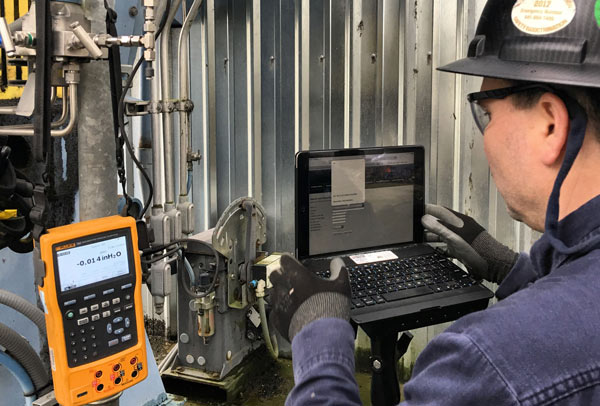
Calibration is a critical process in industrial instrumentation and automation, ensuring the accuracy and reliability of measurement and control systems. In this blog post, we will discuss the importance of calibration and how it plays a significant role in ensuring the smooth and safe operation of industrial processes.
What is Calibration?
Calibration is the process of comparing the readings of an instrument or a device against a standard reference value. The purpose of calibration is to ensure that the instrument is measuring accurately and providing reliable data. In industrial instrumentation and automation, calibration is essential to maintain the accuracy of sensors, instruments, and controllers used in manufacturing processes.
Why is Calibration Important?
Accuracy and reliability are crucial in industrial processes, and calibration plays a critical role in ensuring these aspects. Here are some reasons why calibration is important:
Compliance with Industry Standards and Regulations
Most industries have specific regulations and standards for measurement and control systems, and calibration is necessary to ensure compliance. Failing to meet these standards can lead to fines, legal consequences, and even dangerous situations.
Avoidance of Costly Errors
Inaccurate measurements can lead to costly errors in manufacturing processes, resulting in scrap, rework, or even product recalls. Calibration helps identify potential issues before they become costly errors, minimizing waste and reducing costs.
Improved Quality Control
Calibration ensures the accuracy of measurement and control systems, resulting in consistent and reliable production processes. This translates into improved quality control, allowing manufacturers to produce high-quality products consistently.
Maintaining Safe Operations
Inaccurate measurements can lead to unsafe operating conditions, especially in industries that deal with hazardous materials or processes. Calibration helps ensure that sensors and instruments are providing reliable data, minimizing the risk of accidents or injuries.
Prolonging Equipment Life
Calibration helps identify potential issues in sensors and instruments, allowing for timely maintenance and repairs. Regular calibration can help extend the lifespan of equipment, reducing replacement costs.
Conclusion
Calibration is a critical process in industrial instrumentation and automation, ensuring accuracy, reliability, and safety. Failing to calibrate instruments and sensors can lead to costly errors, compliance issues, and unsafe operating conditions. Regular calibration helps maintain the accuracy of measurement and control systems, resulting in consistent and reliable production processes. As such, calibration should be an essential part of any industrial process, and manufacturers should prioritize it to ensure the smooth and safe operation of their facilities.
For further details please visit: https://sshussain.com/
